In the context of the growing yacht market, yacht management is increasingly necessary.
How does the world manage yachts?
Grand View Research's report on global cruise market size and trends, the world cruise industry is expected to reach a revenue of 13,953.8 million USD by 2030. The compound annual growth rate is expected to reach 5.8% from 2024 to 2030.
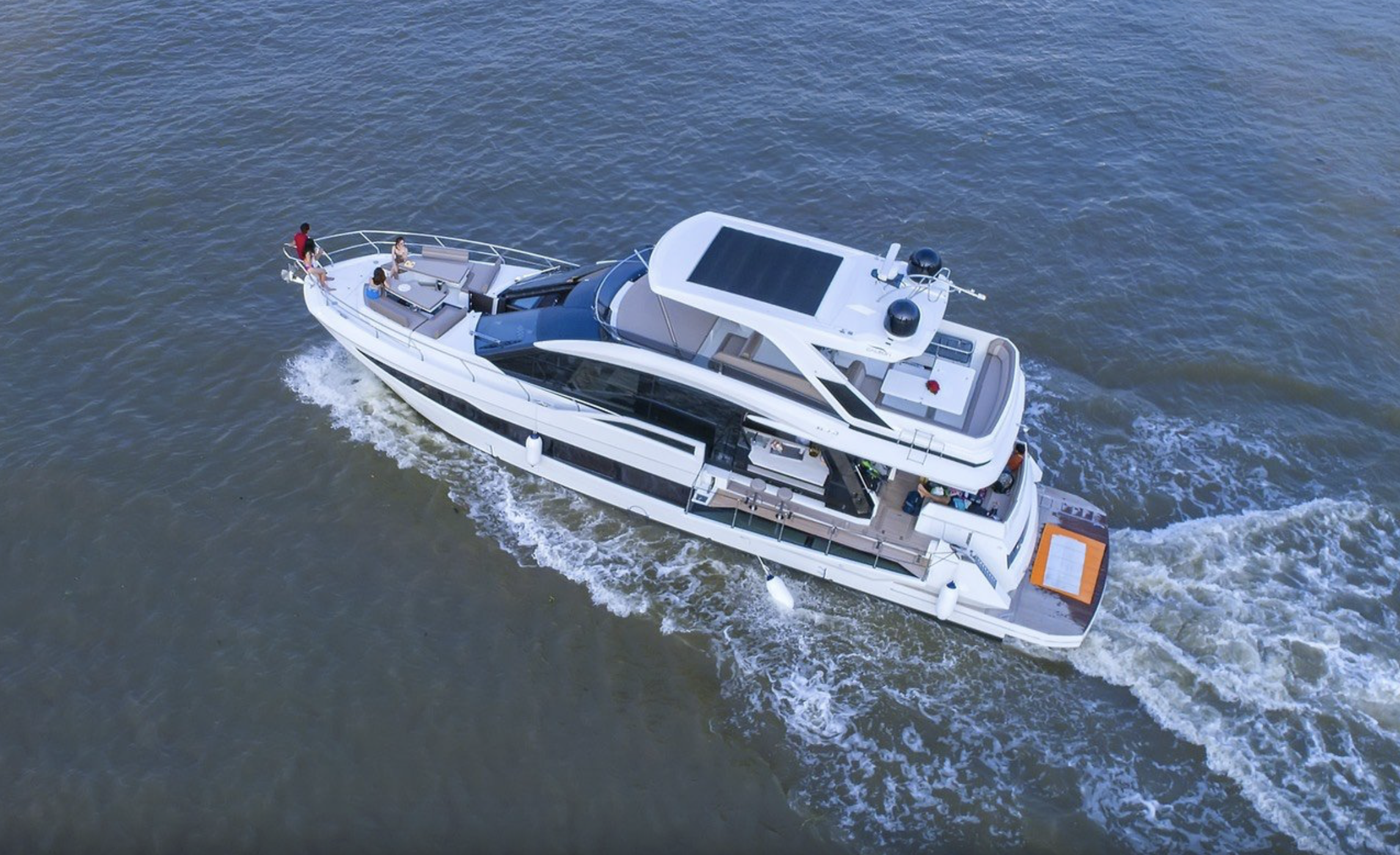
According to the Vietnam Maritime Administration, there are currently no separate management regulations for the group of private yachts (Illustration photo).
According to the Cruise Management Project of the Vietnam Maritime Administration, countries such as the US, Europe and Asia, yacht classification standards may differ according to local and regional regulations.
Typically in the United States, yachts are classified by design, purpose, and size. The main types of yachts widely recognized by the yachting community and regulatory agencies include Motor Yachts, Displacement & Semi-Displacement Yachts (with deep draft designs that provide good stability for long journeys), Sport Yachts or Open Deck Yachts, and Classic Yachts. Each type of yacht has its own advantages and disadvantages.
Safety standards from organizations such as the American Society of Shipbuilding (ABS) and Lloyd's Register provide the legal framework for the classification and safe operation of yachts, especially those 24m and over.
In Greece, yachts are mainly classified into two main categories: pleasure yachts and commercial yachts. Commercial yachts are required to comply with international conventions such as SOLAS (Safety of Life at Sea) and MARPOL (Marine Pollution Control).
Meanwhile, in Hong Kong, yachts are classified into motor yachts, sailing yachts, multihull yachts. These are divided into non-commercial yachts, commercial yachts and limited commercial yachts.
Countries where yachts operate also operate under some general principles. Specifically, non-commercial yachts, after completing all registration, inspection and crewing procedures as prescribed, can operate in the waters of that country.
During the permitted operating period, the yacht can freely operate according to the entertainment needs of the owner without having to carry out any additional procedures, except in the case of exiting the country.
At the same time, the owner is responsible for ensuring the general principles of maritime safety, maritime security, and environmental pollution prevention of the yacht he owns, and participating in compulsory insurance to ensure related financial responsibilities for any incidents and accidents occurring during operation.
In the management of yacht classification, yachts subject to international conventions such as SOLAS, MARPOL are applied according to the Convention. Yachts under the convention are issued with separate regulations on registration, inspection, crew certificates, purpose of use... Depending on the purpose of use (personal or business), yachts are licensed to operate according to the purpose with a clear set of regulations.
In addition, regulations on safety manning, inspection, yacht registration, or related regulations on crew members are all specifically regulated. Each country has its own regulations on minimum safety manning for yachts under the convention, depending on the purpose of registration for commercial or non-commercial use. Crew members working on yachts are often trained and certified based on the training and testing program of the flag state.
What can Vietnam learn?
According to the Vietnam Maritime Administration, up to now, there have been more than 200 imported vehicles imported and exploited in Vietnam in a form similar to the model of personal yachts in the world. However, there are currently no separate management regulations for the group of personal yachts, but they are still implemented according to the regulations applied to seagoing vessels or inland waterway vehicles.
Therefore, it has not yet met the requirements for management, exploitation and use of personal yachts, while this is a rapidly growing group of subjects.
To create momentum for the development of commercial, service and industrial activities related to yachts and help Vietnam take advantage of the potential and advantages of the marine economy, in the Yacht Management Project, the Vietnam Maritime Administration believes that it is necessary to clearly define the concept of yachts to facilitate the construction of related legal corridors.
In addition, focus on small-scale and small-sized private yachts (not subject to international conventions) to develop relevant regulations in accordance with international practices and actual conditions in Vietnam.
In addition, clearly define the main purpose of exploitation of yachts as personal activities (entertainment, recreation, tourism, sightseeing, relaxation...) and different from passenger transport ships and boats (with continuous exploitation frequency, strict security and safety requirements).
It is necessary to build a flexible yacht management system, suitable to the nature and individual operating conditions of the yacht. At the same time, gradually separate the regulations on registration, inspection, operation, staffing, and crew training of yacht activities from the usual maritime and inland waterway regulations.
Source: https://www.baogiaothong.vn/viet-nam-hoc-duoc-gi-tu-kinh-nghiem-quan-ly-du-thuyen-tren-the-gioi-192250131131511594.htm




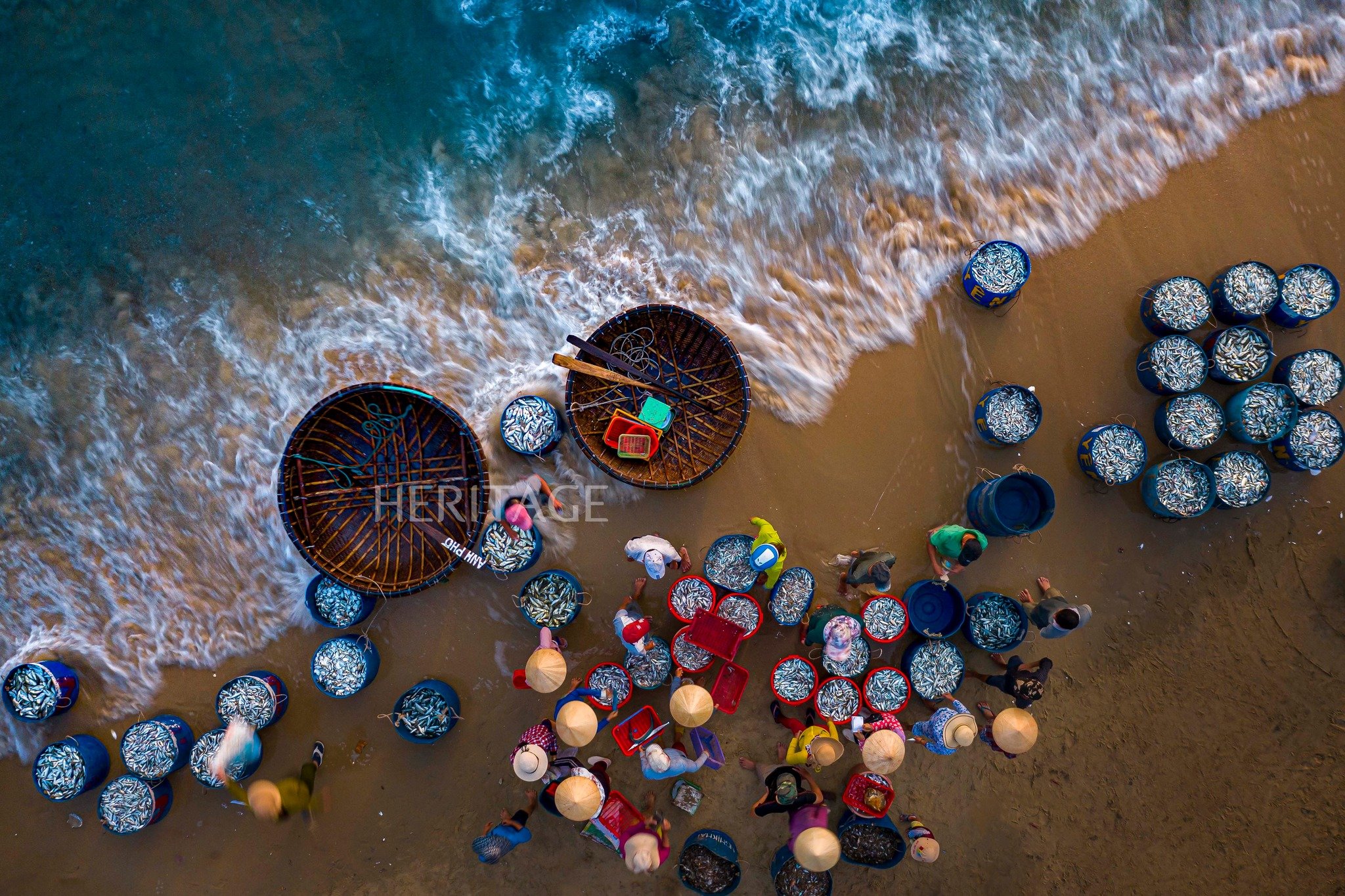
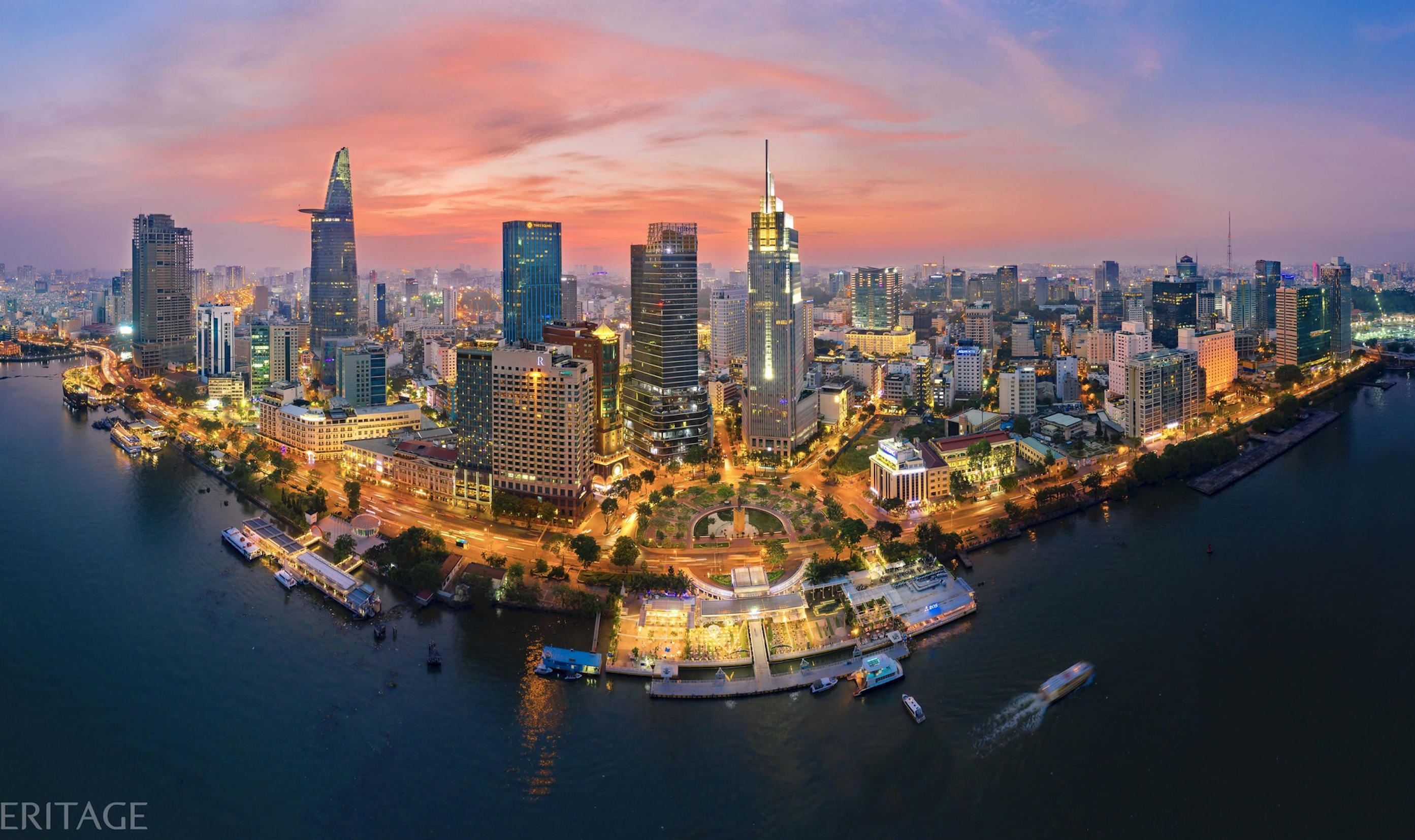

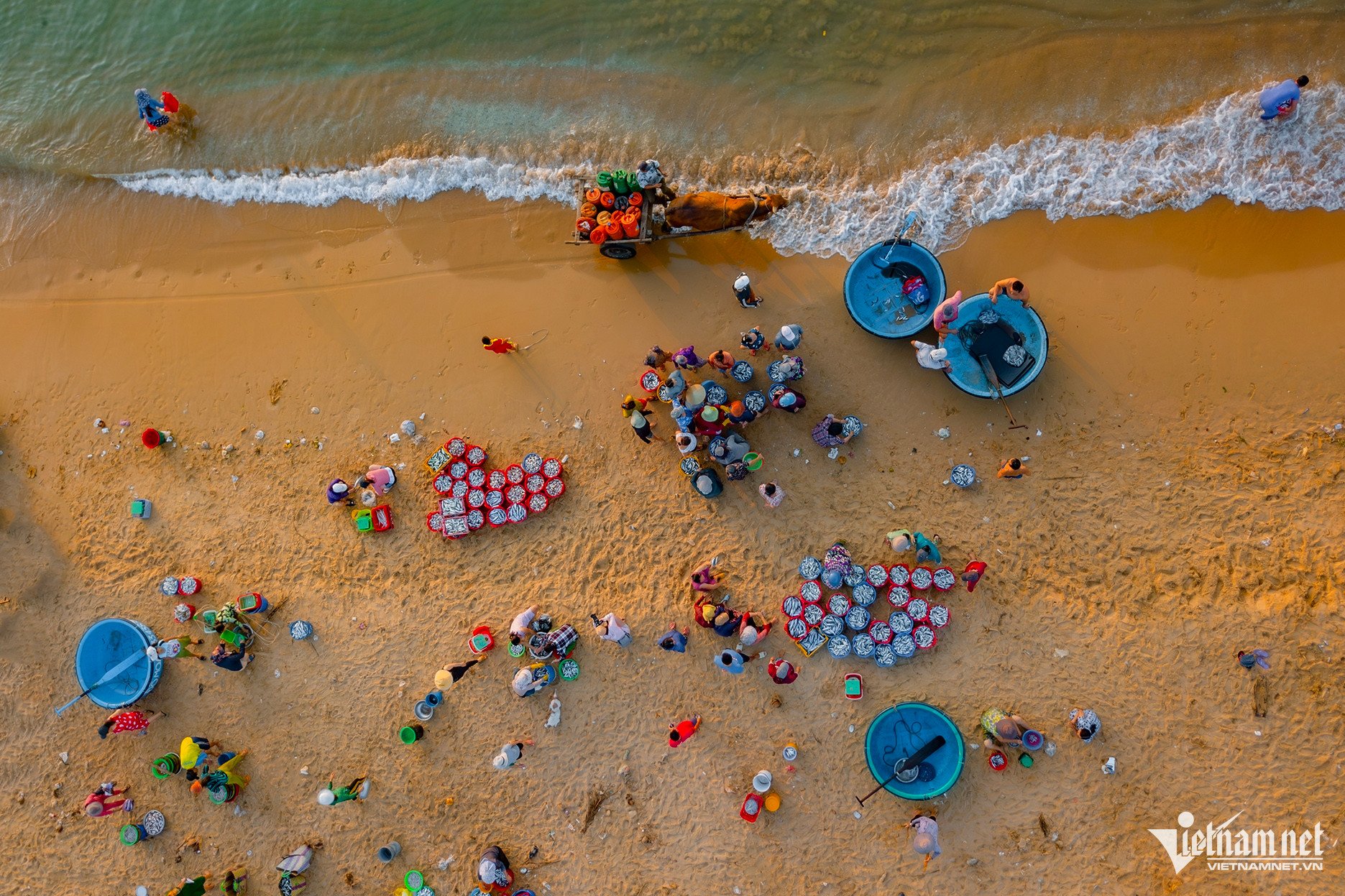
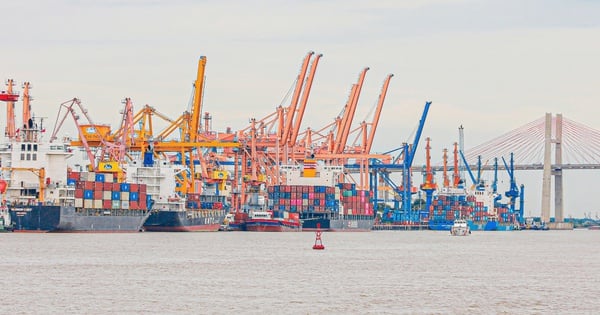
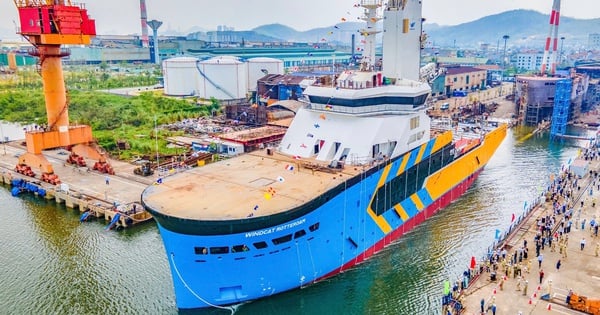
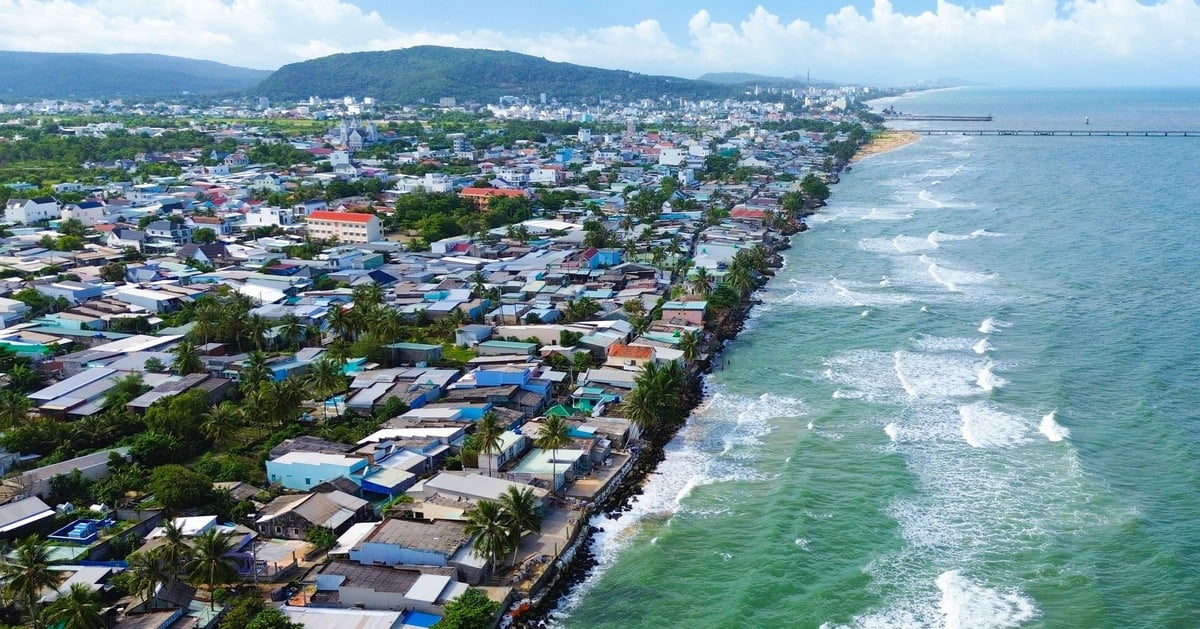

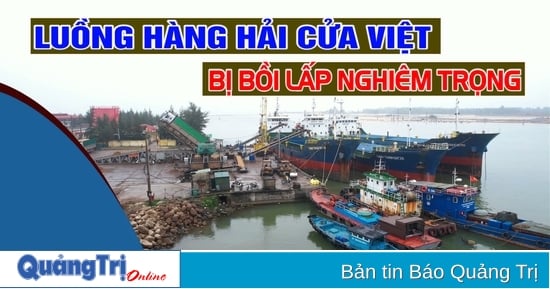

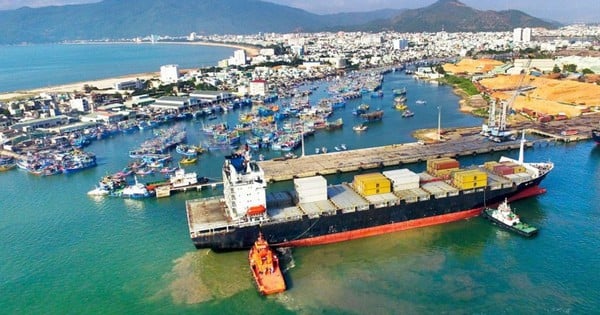
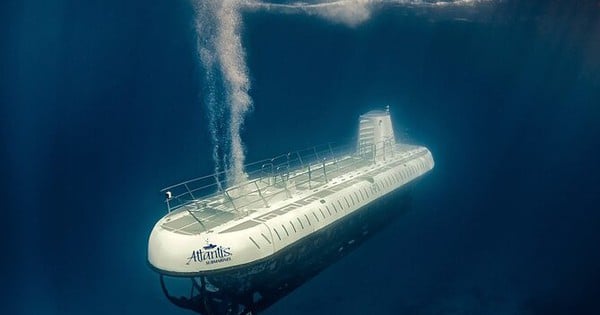











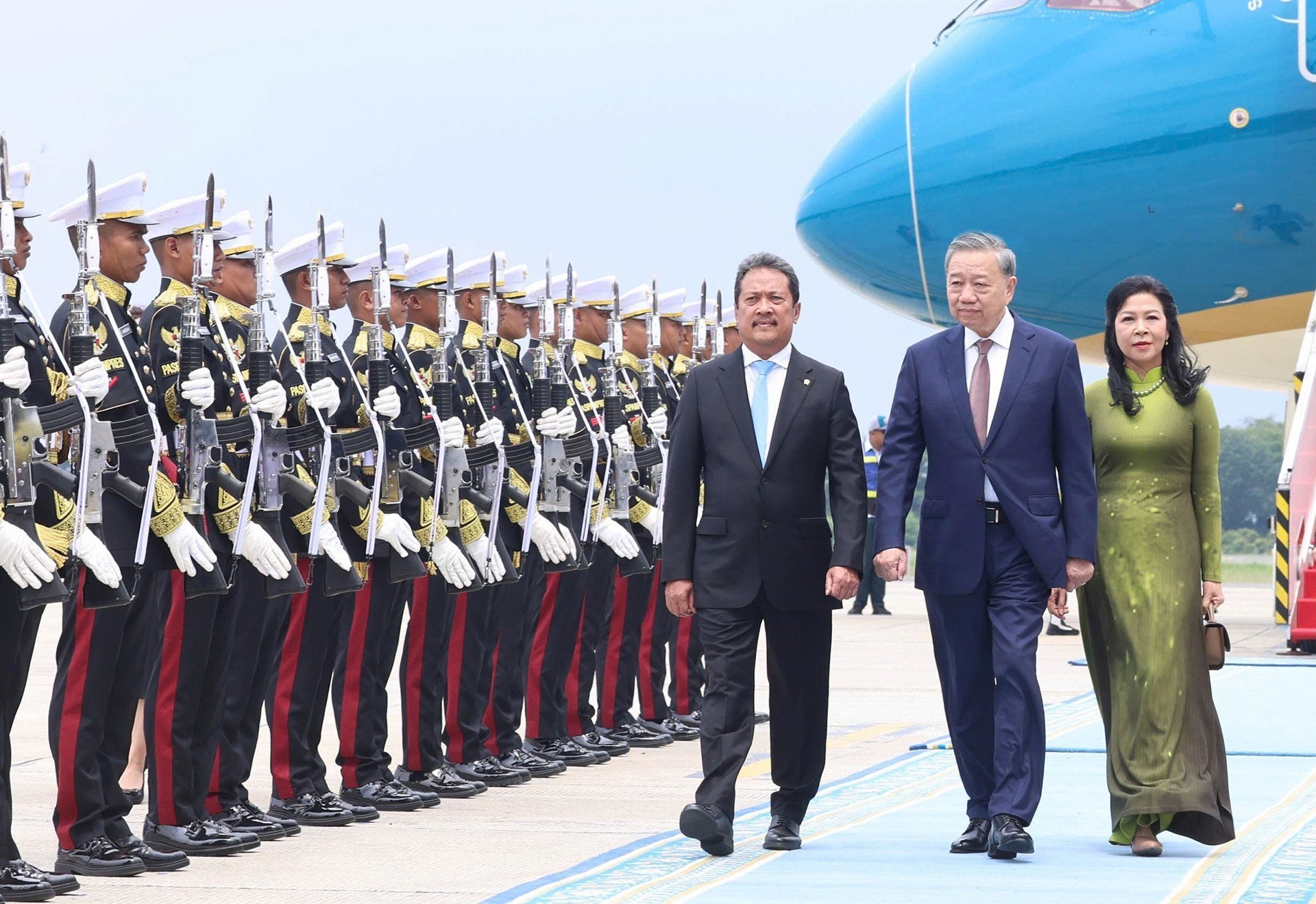







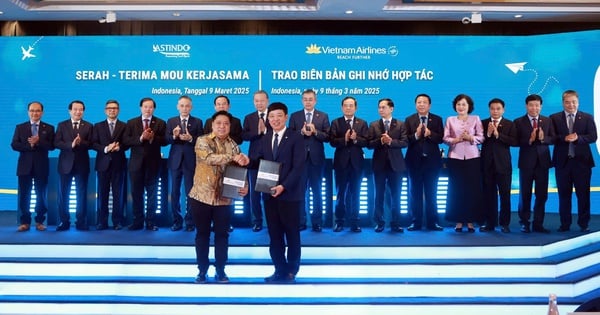
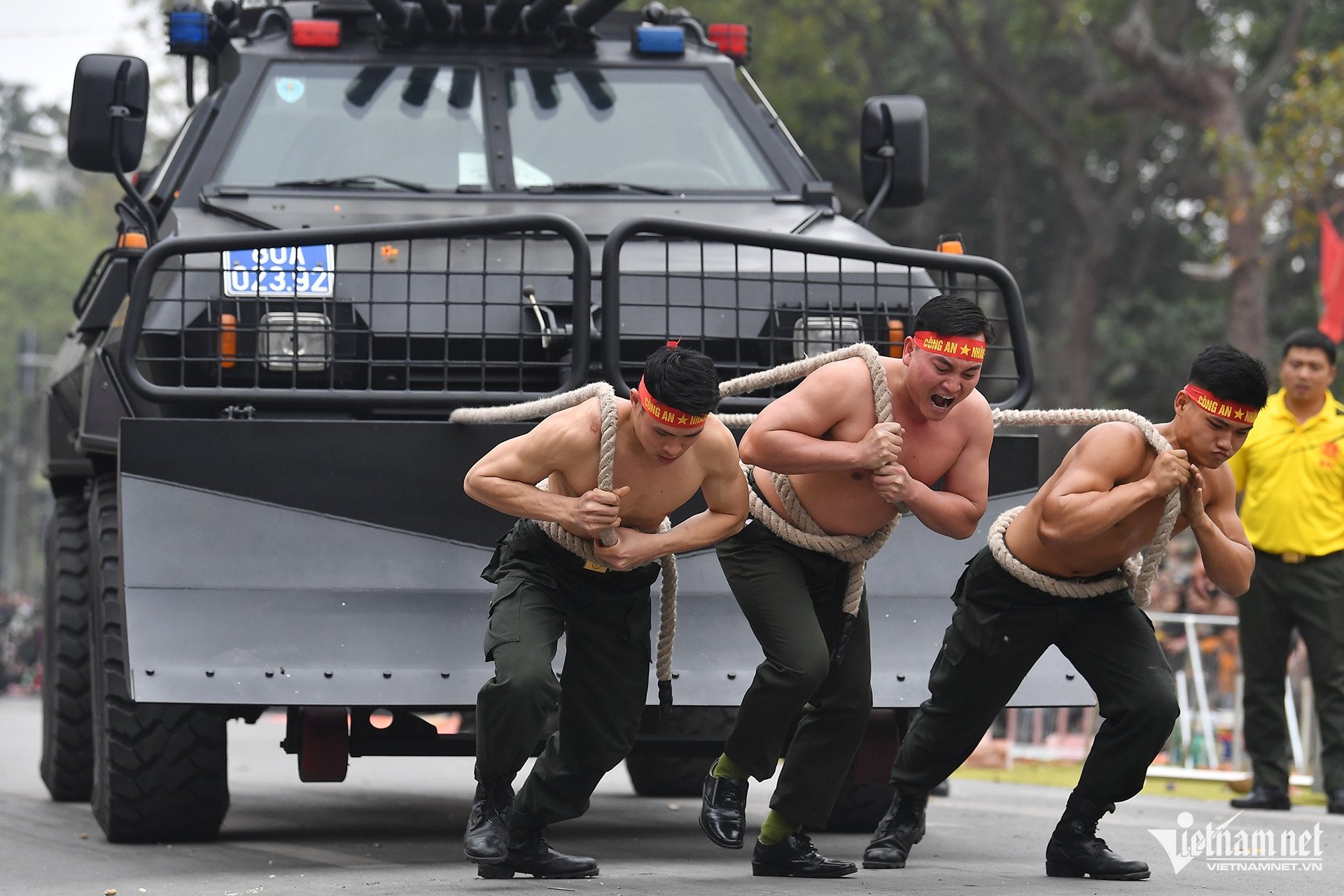
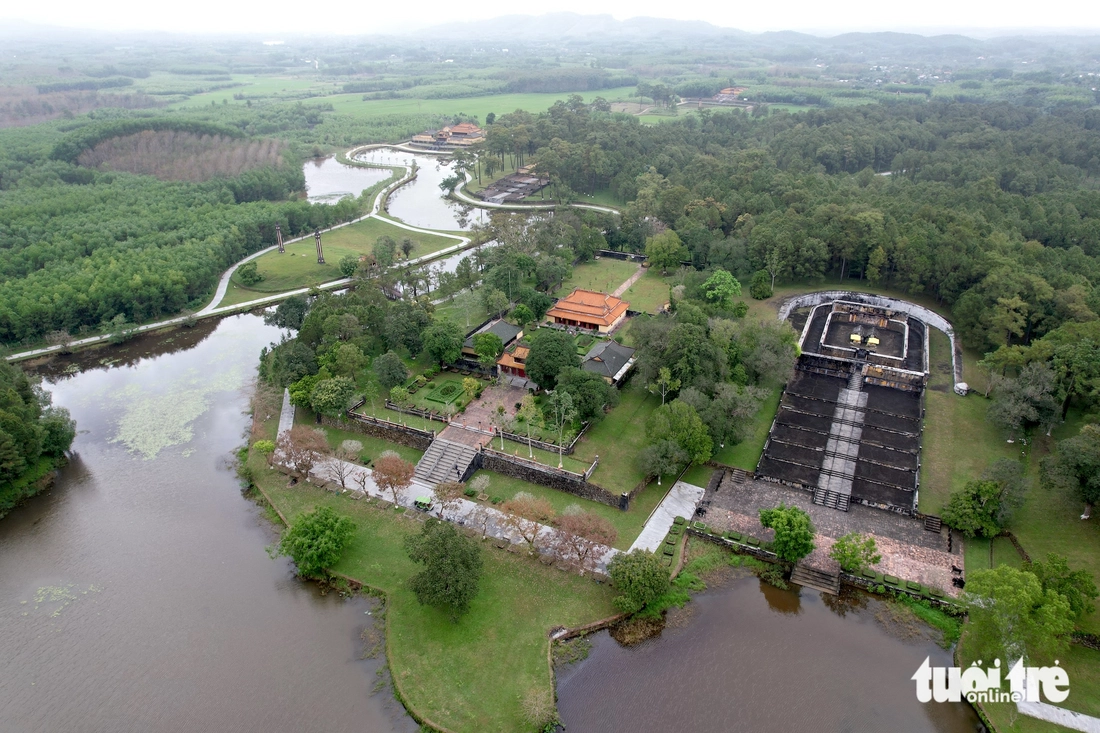


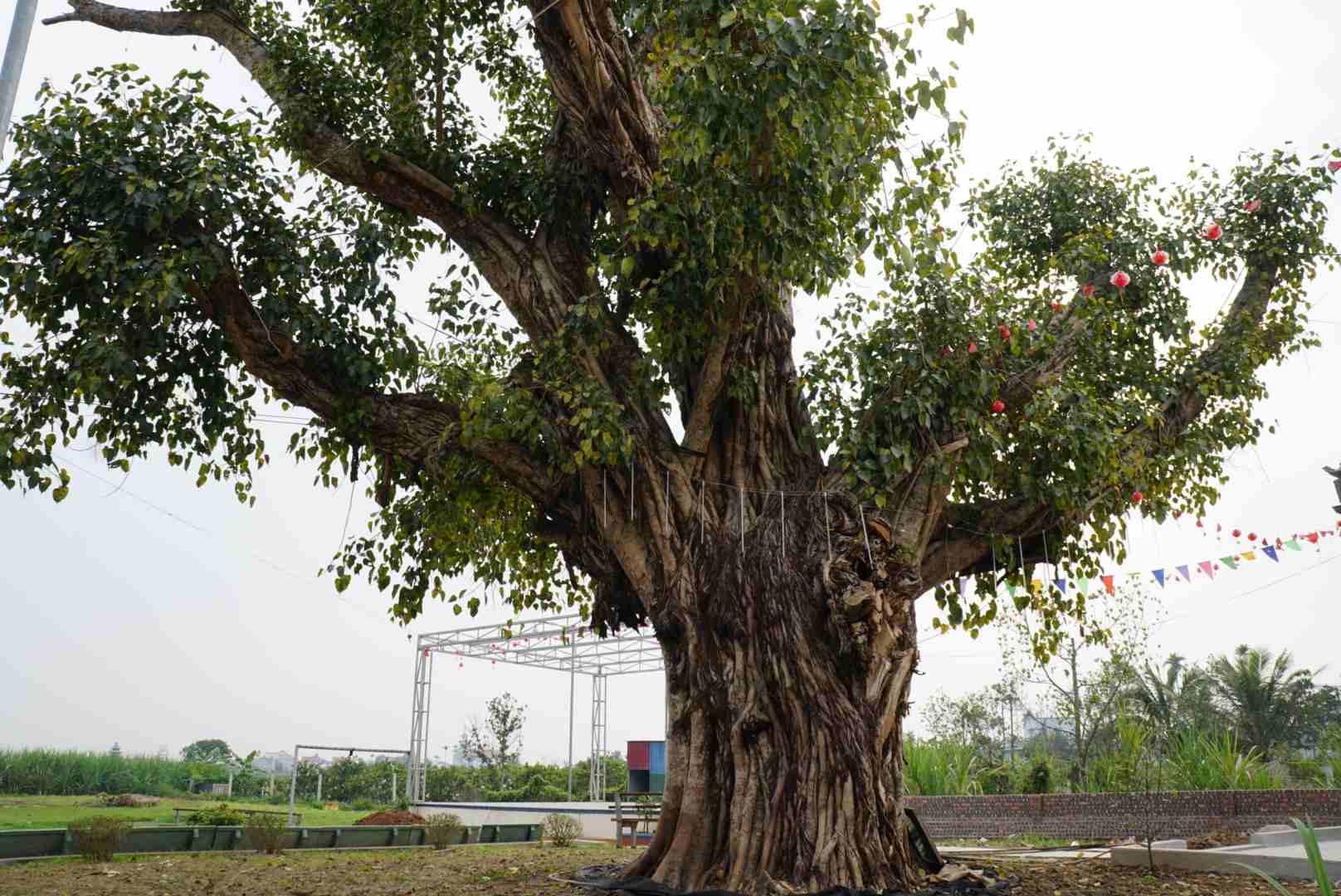
























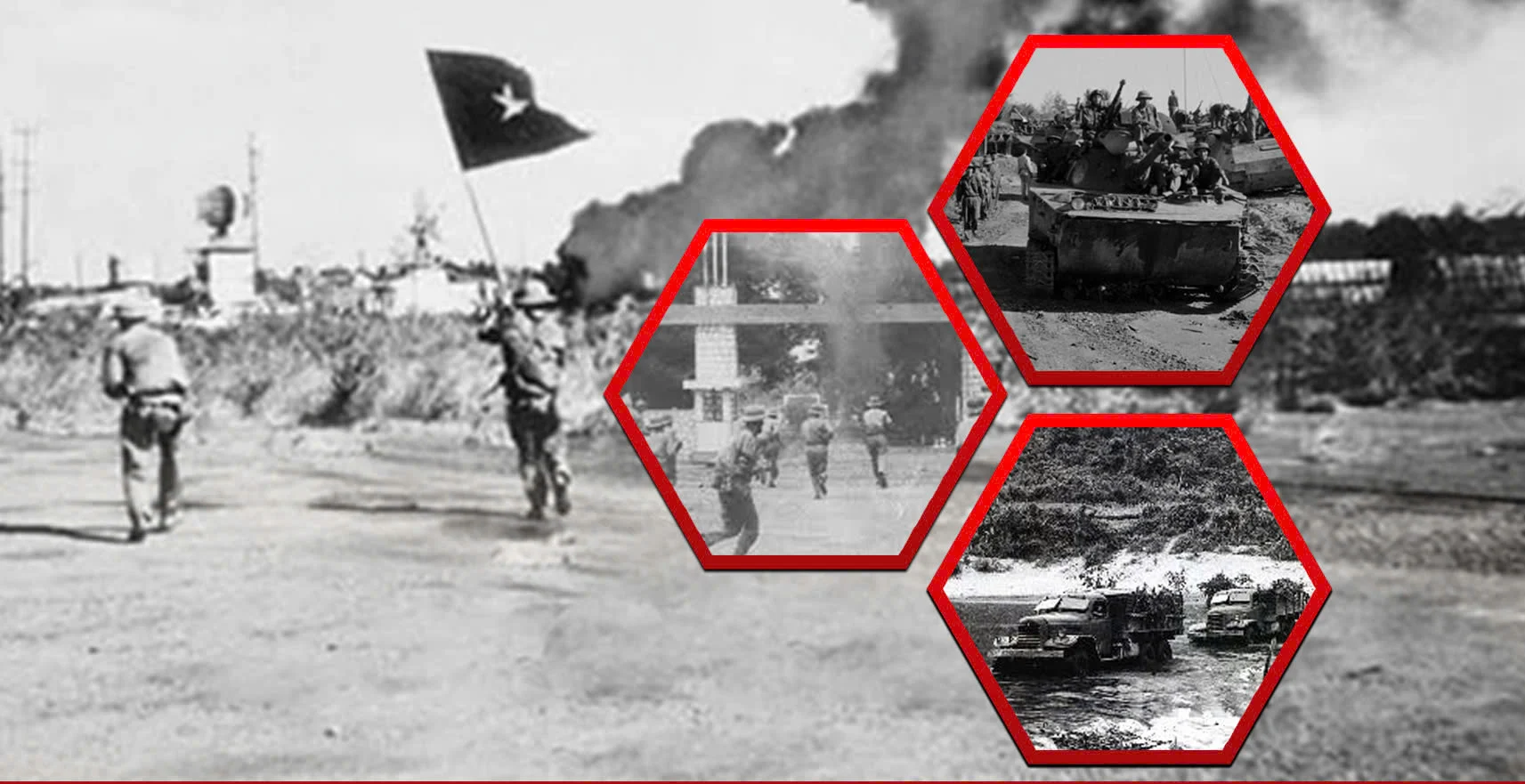









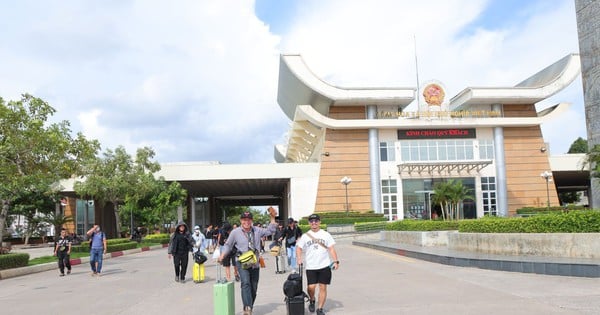
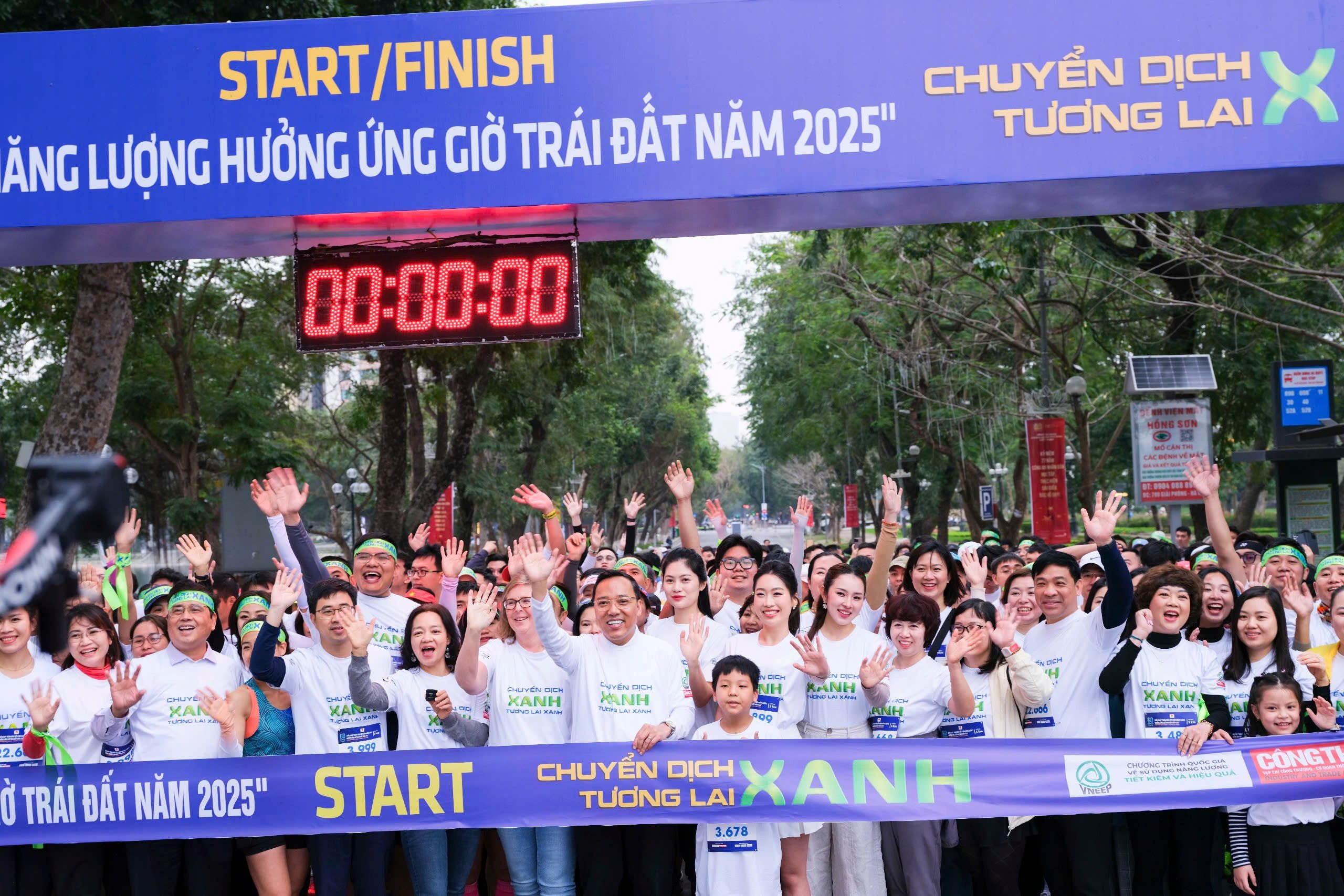












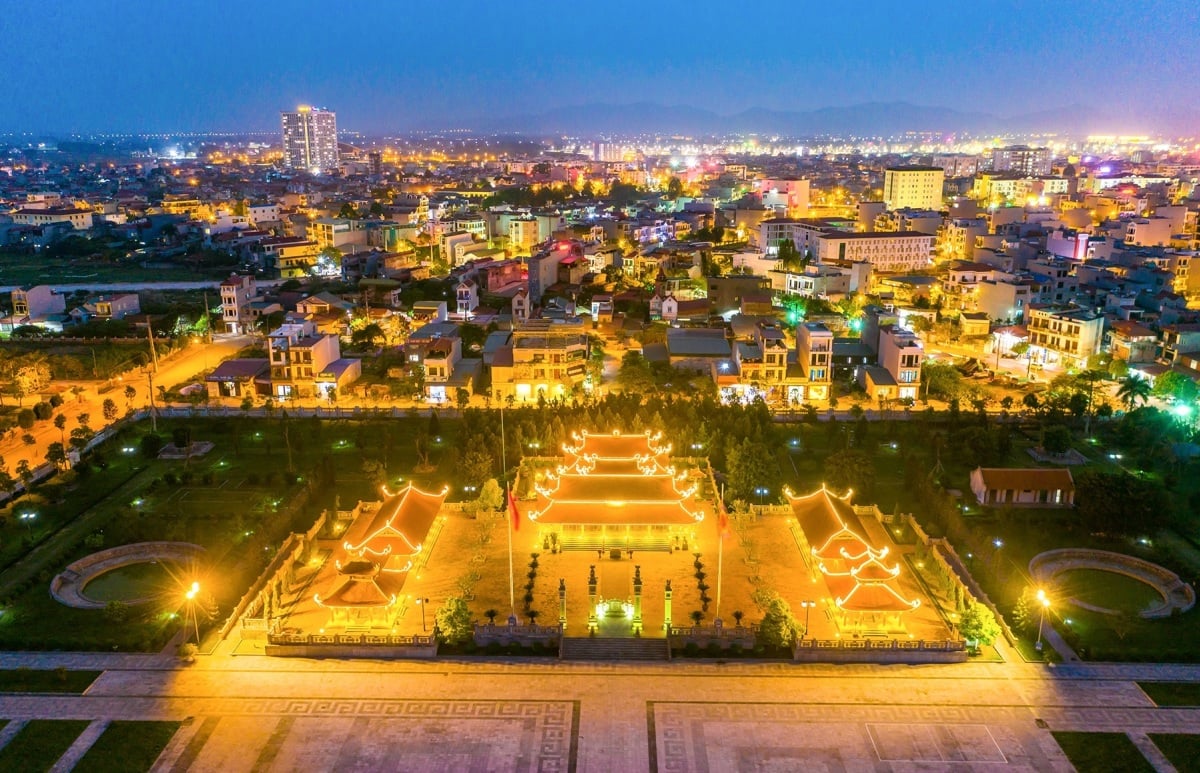
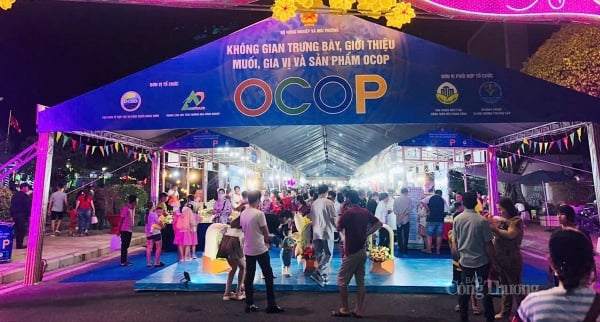





Comment (0)